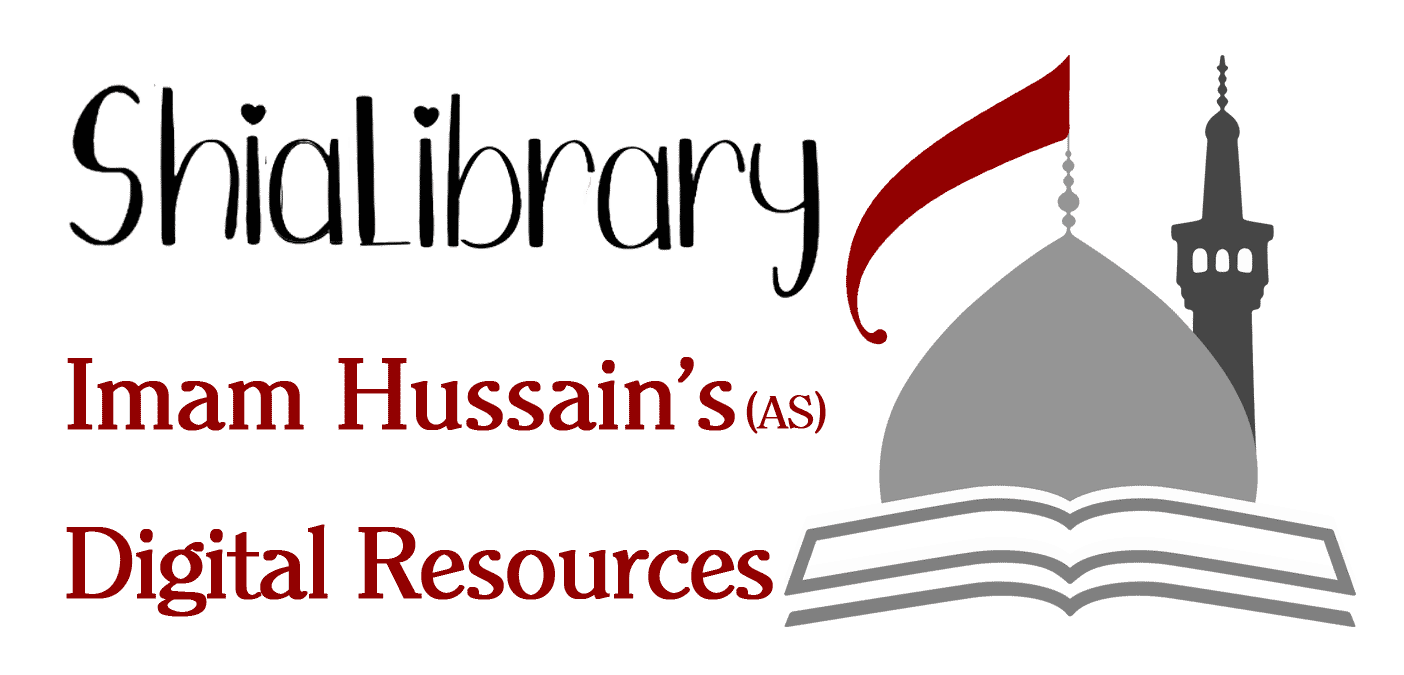Strategic Self-Control Principles in Nahj al-Balaghah Case Study: Letter 53
اصول راهبردی خودکنترلی مدیریتی در نهجالبلاغه (مطالعة موردی نامة 53)
نویسنده:
علائی رحمانی، فاطمه معتمد
لنگرودی، فرشته
چکیده: Background and objectives:</strong> "Self-control" can be considered as a fundamental strategy for the material and spiritual progress of society. "Self-control" is very effective in the process of reforming various social abnormalities and realizing social adjustment among managers and people. Today, the emergence of social problems has doubled the necessity of improving the ethics of managers, which is in line with religious values. The present research seeks to answer the following question: Is it possible to explain the different dimensions of self-control in management ethics through the letter of Imam Ali (peace be upon him) to Malek Ashtar? <br /><strong>Methodology:</strong> In this descriptive and analytical study, the teachings of this letter about the ethics of managers focusing on the topic of "self-control" have been investigated. First, the concept of self-control and its dimensions in psychology is explained. After presenting the outlook of this letter, the most important aspects of the management's self-control are extracted from the letter. <br /><strong>Findings and results:</strong> Through the examination of the propositions of this letter, it follows that "self-control" in both personal and social dimensions illustrates the managerial ethos. Piety, justice, honesty, tolerance, righteousness, and generosity are of the most frequent strategic principles of self-control in management, in which Amir al-Mu'minin (peace be upon him) refers to Malik Ashtar in this letter. زمینه و هدف: «خودکنترلی» را میتوان بهعنوان یک راهبرد اساسی درجهت پیشرفت مادی و معنوی جامعه بهشمار آورد. «خودکنترلی» در فرایند اصلاح نابهنجاریهای مختلف اجتماعی و تحقق سازگاری اجتماعی در بین مدیران و مردم، بسیار اثرگذار است. امروزه بروز مشکلات اجتماعی، ضرورت ارتقای اخلاق مدیران که همخوان با ارزشهای دینی باشد را دوچندان کرده است. پژوهش حاضر در پی پاسخگویی به این سؤال است که آیا از رهگذر نامة امام علیj به مالک اشتر می توان ابعاد مختلف خودکنترلی در اخلاق مدیریت را تبیین نمود؟ روش تحقیق: در این پژوهش به روش توصیفی و تحلیلی، آموزه های این نامه در مورد اخلاق مدیران با تمرکز بر موضوع «خودکنترلی» بررسی شده است. بدینمنظور ابتدا مفهوم خودکنترلی و ابعاد آن در علم روانشناسی تبیین شده و پس از ارائة دورنمایی از این نامه، مهمترین ابعاد خودکنترلی مدیریت از نامه استخراج شده است. یافتهها و نتیجهگیری: از رهگذر بررسی گزارههای این نامه، چنین به دست میآید که «خودکنترلی» در دو بعد فردی و اجتماعی، شاکلة اخلاق مدیران را ترسیم میکند. تقوا، عدالت، صداقت، مدارا، حقمداری و بخشندگی از پربسامدترین اصول راهبردی خودکنترلی در مدیریت است که در این نامه، حضرت امیرالمؤمنین(ع) به مالک اشتر ابلاغ میکند.

| contributor author | علائی رحمانی، فاطمه معتمد | fa |
| contributor author | لنگرودی، فرشته | fa |
| date accessioned | 2025-03-15T09:13:43Z | |
| date available | 2025-03-15T09:13:43Z | |
| identifier uri | http://hdl.handle.net/110/21633 | |
| description abstract | Background and objectives:</strong> "Self-control" can be considered as a fundamental strategy for the material and spiritual progress of society. "Self-control" is very effective in the process of reforming various social abnormalities and realizing social adjustment among managers and people. Today, the emergence of social problems has doubled the necessity of improving the ethics of managers, which is in line with religious values. The present research seeks to answer the following question: Is it possible to explain the different dimensions of self-control in management ethics through the letter of Imam Ali (peace be upon him) to Malek Ashtar? <br /><strong>Methodology:</strong> In this descriptive and analytical study, the teachings of this letter about the ethics of managers focusing on the topic of "self-control" have been investigated. First, the concept of self-control and its dimensions in psychology is explained. After presenting the outlook of this letter, the most important aspects of the management's self-control are extracted from the letter. <br /><strong>Findings and results:</strong> Through the examination of the propositions of this letter, it follows that "self-control" in both personal and social dimensions illustrates the managerial ethos. Piety, justice, honesty, tolerance, righteousness, and generosity are of the most frequent strategic principles of self-control in management, in which Amir al-Mu'minin (peace be upon him) refers to Malik Ashtar in this letter. | en |
| description abstract | زمینه و هدف: «خودکنترلی» را میتوان بهعنوان یک راهبرد اساسی درجهت پیشرفت مادی و معنوی جامعه بهشمار آورد. «خودکنترلی» در فرایند اصلاح نابهنجاریهای مختلف اجتماعی و تحقق سازگاری اجتماعی در بین مدیران و مردم، بسیار اثرگذار است. امروزه بروز مشکلات اجتماعی، ضرورت ارتقای اخلاق مدیران که همخوان با ارزشهای دینی باشد را دوچندان کرده است. پژوهش حاضر در پی پاسخگویی به این سؤال است که آیا از رهگذر نامة امام علیj به مالک اشتر می توان ابعاد مختلف خودکنترلی در اخلاق مدیریت را تبیین نمود؟ روش تحقیق: در این پژوهش به روش توصیفی و تحلیلی، آموزه های این نامه در مورد اخلاق مدیران با تمرکز بر موضوع «خودکنترلی» بررسی شده است. بدینمنظور ابتدا مفهوم خودکنترلی و ابعاد آن در علم روانشناسی تبیین شده و پس از ارائة دورنمایی از این نامه، مهمترین ابعاد خودکنترلی مدیریت از نامه استخراج شده است. یافتهها و نتیجهگیری: از رهگذر بررسی گزارههای این نامه، چنین به دست میآید که «خودکنترلی» در دو بعد فردی و اجتماعی، شاکلة اخلاق مدیران را ترسیم میکند. تقوا، عدالت، صداقت، مدارا، حقمداری و بخشندگی از پربسامدترین اصول راهبردی خودکنترلی در مدیریت است که در این نامه، حضرت امیرالمؤمنین(ع) به مالک اشتر ابلاغ میکند. | fa |
| language iso | الفارسية | ar |
| language iso | Persian | en_US |
| language iso | فارسی | fa |
| title | Strategic Self-Control Principles in Nahj al-Balaghah Case Study: Letter 53 | en |
| title | اصول راهبردی خودکنترلی مدیریتی در نهجالبلاغه (مطالعة موردی نامة 53) | fa |
| type | مقاله | |
| type | بحوث و مقالات | ar |
| type | Article | en_US |
| journal title | بصیرت و تربیت اسلامی | fa |
| source Database | ISC | |
| contenttype | فقط بيانات | ar |
| contenttype | Metadata Only | en_US |
| contenttype | فراداده | fa |
| subject keywords | مشورت | fa |
| subject keywords | صداقت | fa |
| subject keywords | عدالت | fa |
| subject keywords | تقوا | fa |
| subject keywords | نامة پنجاهوسه نهجالبلاغه | fa |
| subject keywords | خودکنترلی | fa |
| year publication | 1397 | |
| source Onlinelink | https://search.isc.ac/DL/Lend%20Service/LendService/Get_TitleSearchResultDetail.aspx?DTC=8&DC=1072228 | |
| pages | 20 |
